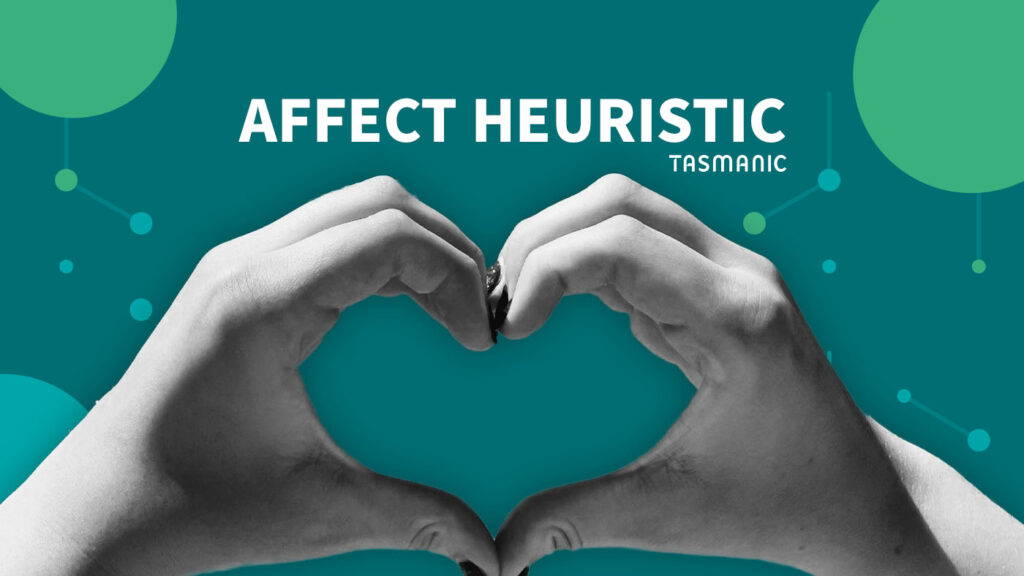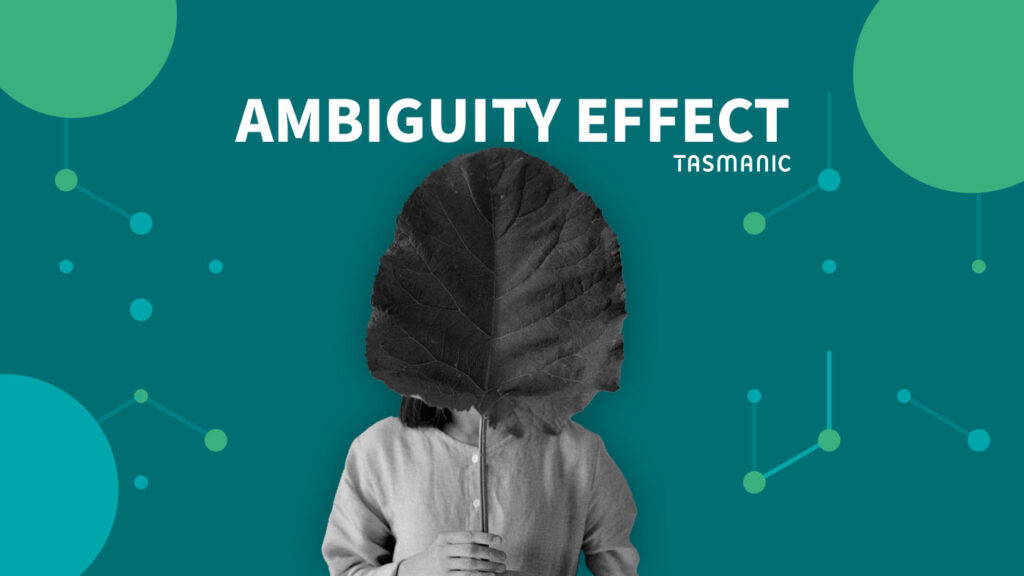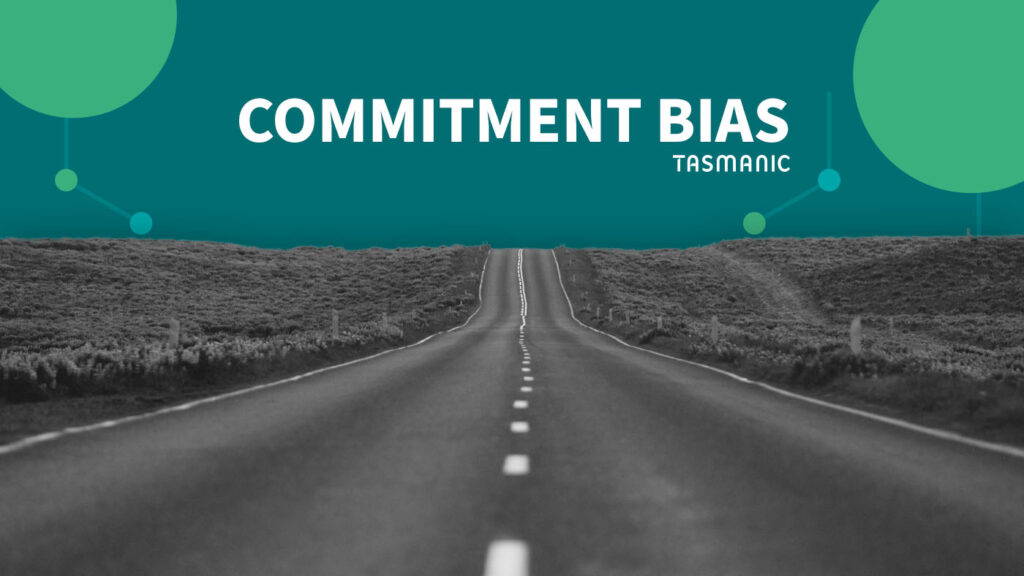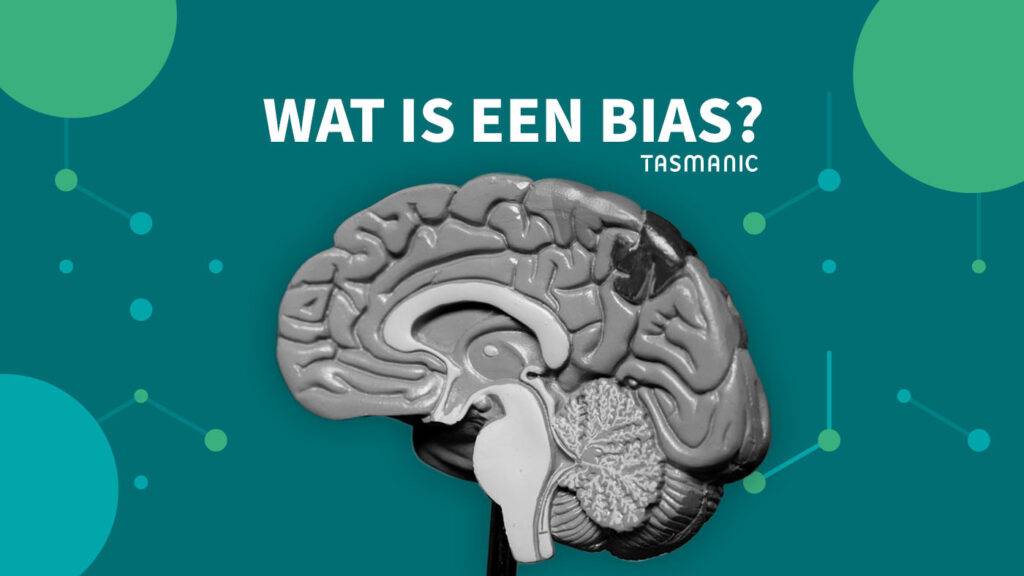
Last updated July 26, 2024
Introduction
As an entrepreneur, decisions can have major consequences. Therefore, you make important decisions rationally. Right? No unfortunately, entrepreneurs are also human beings and they are influenced by cognitive biases. Therefore, learn (re)to know the most important cognitive biases and take advantage of them, your customers are also influenced by them.
What is the meaning of bias in psychology?
A psychological or cognitive bias is a mental fallacy (Tversky & Kahneman, 1972).
Our brain finds it difficult to process information that comes in objectively. To reach a decision as quickly as possible at that moment, your brain prefers to take a mental shortcut. In cognitive bias, we see a systematic pattern of deviating from the norm when making a judgment or decision. Individuals thereby create their own subjective truth from the objective information they receive (Haselton, Nettle & Andrews, 2005).
Why does our brain do this?
So much information comes at our brains every day that we want to process this information, if at all possible, as quickly as possible. And this does not always go well. Then we have a cognitive bias. Wanting to simplify all that information causes us to no longer evaluate objectively. At times when speed is more important than accuracy, cognitive bias will be around the corner (Tversky & Kahneman, 1974).
Cognitive biases can also arise because our information is incomplete, and therefore we want to rely on the heuristics we know. Heuristics also make use of mental shortcuts. In this way, quick judgments are made about the possibility of uncertain events (Baumeister & Bushman, 2010).
What types of cognitive biases exist?
In the Cognitive Bias Codex, cognitive biases are divided into several types:
- Biases in filtering information, such as the anchoring bias and the mere exposure effect. You recognize things that you have recently experienced or that are often repeated. We pay more attention to things that stand out, particularly details that confirm our own beliefs.
- Biases when we fill in missing information ourselves, such as the gambler's fallacy, the survivorship bias, the placebo effect and Murphy's Law. We look for patterns even when there are none. Unknown information we supplement with what we know about, for example, stereotypes or through probability. We place more value on something already known to us, and we look to the past and future with the knowledge of the present.
- Bias when we need to make decisions quickly, such as the sunk cost fallacy, loss aversion, the endowment effect and the decoy effect. We prefer fast, complete and readily available, rather than time-consuming. We value more something that already seems to be ours. We like to complete things we have started. We avoid irreversible decisions to avoid making mistakes.
- Biases by the way we remember and recall things, such as the peak-end rule and the Google effect. Some details we remember well, other details fade into the background. Sometimes we even add details or generalizations.
What cognitive biases do we know?
The Cognitive Bias Codex contains more than 150 cognitive biases! Tasmanic is happy to tell you more about some of the cognitive biases you may face as an entrepreneur. For each cognitive bias, read more about what the bias is, its meaning and the psychology behind it:
- Affect heuristic
- Ambiguity effect
- Anchoring bias
- Anecdotal fallacy
- Availability heuristic
- Baader-Meinhof phenomenon / Frequency Illusion
- Bandwagon effect
- Cheerleader effect
- Choice overload
- Commitment bias
- Confirmation bias
- Decoy effect
- Dunning Kruger effect
- Endowment effect
- Framing effect
- Gambler's fallacy
- Google effect
- Halo effect
- Hindsight bias
- Ikea effect
- Loss aversion
- Mere exposure effect
- Nostalgia effect
- Ostrich effect
- Peak-end rule
- Priming effect
- Salience bias
- Selective perception
- Status quo bias
- Sunk cost fallacy
- Survivorship bias
- Zeigarnik effect
- Zero sum bias
Resources
Baumeister RF, Bushman BJ (2010). "Social psychology and human nature: International Edition." Belmont, USA: Wadsworth. p. 141.
Haselton MG, Nettle D, Andrews PW (2005). "The evolution of cognitive bias". In Buss DM (ed.). The Handbook of Evolutionary Psychology. Hoboken, NJ, US: John Wiley & Sons Inc. pp. 724-746.
Kahneman D, Tversky A (1972). "Subjective probability: A judgment of representativeness." Cognitive Psychology. 3 (3): 430-454.
Tversky A, Kahneman D (1974). "Judgment under Uncertainty: Heuristics and Biases."Science. 185 (4157): 1124-31.
Is your company missing opportunities?
Our pay is based on your results.


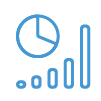
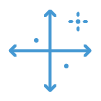









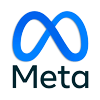

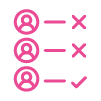

 Team
Team FAQ
FAQ Prices
Prices Vacancies
Vacancies Contact
Contact Marketing
Marketing SEO
SEO SEA
SEA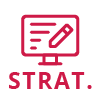 Strategy
Strategy Sales
Sales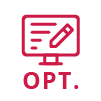 Optimization
Optimization AWR
AWR Ahrefs
Ahrefs Channable
Channable ContentKing
ContentKing Leadinfo
Leadinfo Optmyzr
Optmyzr Qooqie
Qooqie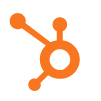 Hubspot
Hubspot Semrush
Semrush


